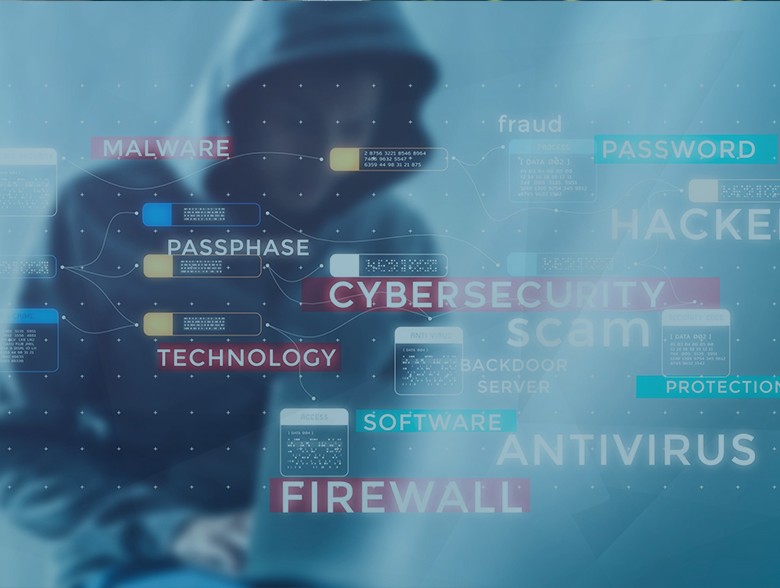The demand for cybersecurity professionals is expected to remain high in the coming years, despite the challenging economic landscape. According to market research company Sapio, nearly 80% of Chief Information Security Officers (CISOs) believe that the world is in a state of perpetual cyber warfare. This has led to the need for increased cybersecurity measures and professionals to defend against cyber threats.
The current cost of a data breach stands at over $4.35 million, and this figure is projected to rise in the next five years. With cyber insurance premiums skyrocketing, executives are recognizing the importance of investing in cybersecurity to protect their organizations. Deloitte’s Technology Industry Outlook advises leaders to enhance their cybersecurity capabilities to keep up with the evolving digital landscape.
One area that poses a significant threat is the metaverse. The metaverse combines the digital and physical worlds, creating new opportunities for cyber threats. As users engage more with immersive digital identities, they also experiment with technologies like blockchain, crypto payments, and non-fungible tokens (NFTs). However, hackers can track these interactions and use the information to carry out phishing attacks and scams with real-life consequences. To secure the metaverse, a zero-trust model, continuous authentication, and Multi-Factor Authentication (MFA) will be crucial.
Another area of concern is cloud security. PwC predicts that 38% of business leaders anticipate more serious attacks via the cloud in the coming years. The migration to cloud environments introduces new risks, as organizations have to adapt their culture, security tools, and perspectives. The rise of remote working and the demand for digital experiences further complicates the situation. To protect infrastructure, data, and people, organizations will need robust cloud security measures such as policy-based Identity and Access Management (IAM), a zero-trust approach, encryption for data protection, and AI-based threat intelligence tools.
While artificial intelligence (AI) has the potential to enhance cybersecurity by automating threat detection, it also presents new risks. Deepfakes and generative AI can be used for social engineering attacks, and businesses experimenting with AI technologies like ChatGPT face ethical challenges. As AI continues to develop, organizations must consider how to defend against AI-powered attacks.
Looking ahead to 2028, the cybersecurity job market is expected to offer better opportunities for senior leaders. By then, 70% of boards are predicted to include a member with cybersecurity expertise, and cyber leaders will be recognized as business partners and influencers. The focus will shift from protection to resilience, and there may be SEC regulations requiring companies to disclose the cybersecurity expertise of their board members.
Promoting diversity in hiring practices is another trend in the cybersecurity job market. Microsoft Security, for example, is committed to training 250,000 people in community colleges by 2025 to create a more diverse pool of cybersecurity professionals. By investing in women, minorities, and neurodiverse individuals, businesses can reap the benefits of improved problem-solving, collaboration, and knowledge sharing.
To attract and retain cybersecurity talent, employers are willing to increase salaries. Fortinet found that 60% of firms struggle to recruit cybersecurity professionals, and 52% struggle to retain them. Demand for application and cloud security skills is expected to grow by 164% and 115% respectively over the next five years, leading to salary premiums. Currently, the average cybersecurity salary in the US stands at $240,000, and this figure is expected to rise due to wage inflation and the worker shortage.
Lastly, cybersecurity responsibilities will become more distributed throughout organizations. Developers will play a more active role in cybersecurity, and there will be a greater emphasis on building a culture of awareness across all departments and job functions. Collaboration between cybersecurity professionals and ethics teams may also increase, especially with the rise of the metaverse. Developing standards and legislation will be crucial, but embedding cybersecurity principles into software and hardware from the early stages of development will be equally important.
Overall, the cybersecurity job market is expected to continue growing despite economic challenges. The importance of cybersecurity in protecting organizations against evolving threats, such as those posed by the metaverse and cloud environments, will drive demand for cybersecurity professionals. As the field evolves, senior leaders will have a more prominent role, diversity will be valued, salaries will increase, and cybersecurity responsibilities will be shared across organizations.
